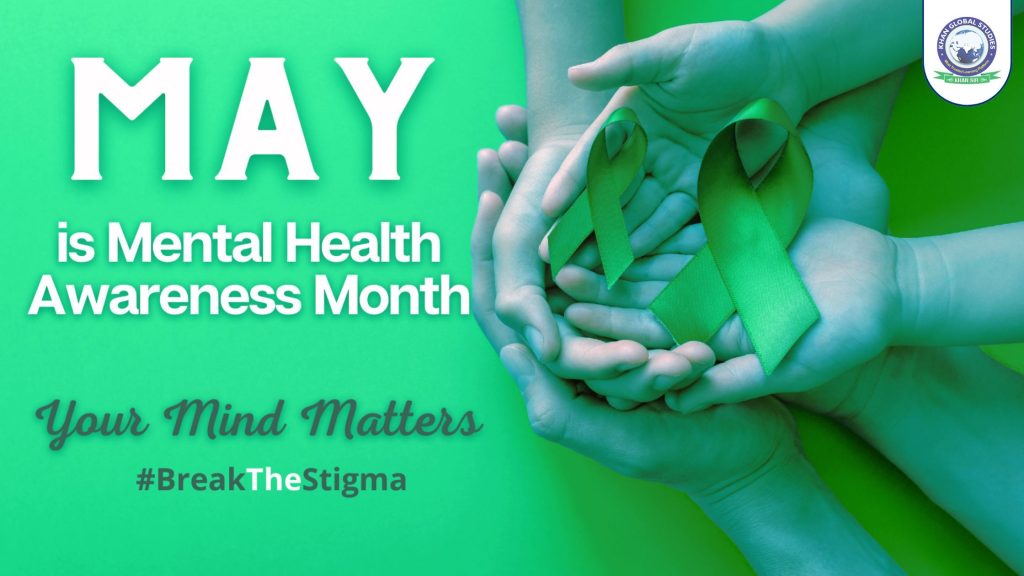Every year the month of May is celebrated as “Mental Health Awareness Month” all over the world. The main objective of this month is to highlight the importance of mental health, spread awareness about mental illnesses, and help individuals suffering from mental problems.
History of Mental Health Awareness Month
Mental Health Awareness Month started in 1949. This initiative was led by “Mental Health America” (now National Association for Mental Health). The main person who inspired this campaign was Clifford Beers, who himself had experienced mental illnesses and took the initiative to spread awareness in the society for its solution.
- The aim of this initiative was –
- To increase awareness among people about mental health,
- To eliminate the social stigma associated with mental illnesses,
- And to provide the right information and support to individuals in need.
Since its inception, many activities are organized during this month every May – such as community events, educational workshops, media campaigns, etc.
This campaign has contributed a lot in making mental health as important as physical health.
Every year it is celebrated under different themes – like ‘Early Intervention’, ‘Fighting Stigma’ and ‘Mind-Body Connection’.
This month teaches people that mental health is also a fundamental part of life and support and understanding is very important.
Objective of Mental Health Awareness Month
- To raise awareness about mental illnesses like depression, anxiety, bipolar disorder, etc.
- To support people suffering from mental problems.
- To eliminate misconceptions and stigma about mental health in society.
- To encourage people to seek timely treatment and advice.
- To consider mental health as important as physical health.
Factors affecting mental health
- Extreme stress and pressure
- Social isolation and loneliness
- childhood trauma
- Financial difficulties
- Addictions (such as alcohol, drugs)
- Relationship problems or domestic violence
- Pressure and failures at work
Effects on the body and mind when mental health is poor
- Effects on the mind:
- Persistent sadness or feeling empty
- Irritability or anger
- Difficulty concentrating
- Negative thinking and suicidal thoughts
- Effects on the body:
- Insomnia or excessive sleepiness
- Lack of appetite or increased hunger
- feeling tired
- Headaches, stomachaches and other physical problems
- Weakened immune system
Disadvantages of poor mental health
- Reduced efficiency
- Disconnection from social relationships
- Loss of self-esteem
- Risk of suicide in severe cases
- Significant decline in quality of life
How to prevent it? —How to take care of mental health
- Speak up: If you are troubled, talk to your loved ones or a mental health professional. Solutions will come from conversation.
- Make a regular routine: Sleeping on time, taking a proper diet and doing light exercise daily is very important.
- Control stress: Include yoga, meditation and deep breathing exercises in your routine.
- Give time to yourself: Pursue your hobbies, spend time in nature, do your favorite activities.
- Do a digital detox: Use social media and electronic gadgets in limited quantities.
- Develop positive thinking: Increase self-confidence by completing small goals.
- Seek help from an expert: If the problem increases, then definitely consult a mental health counselor (psychologist/psychiatrist).
Conclusion
“Mental Health Awareness Month” reminds us that taking care of mental health is as important as physical health. Mental illnesses should not be hidden, but should be accepted wisely and the right guidance should be taken.
Being mentally healthy is most important for a happy life.
Let us all together spread awareness about mental health and build a better, wiser society.





